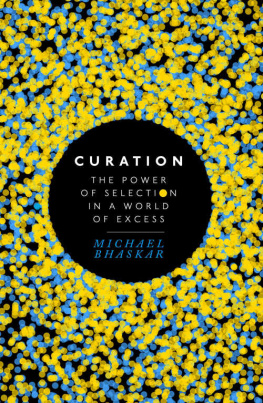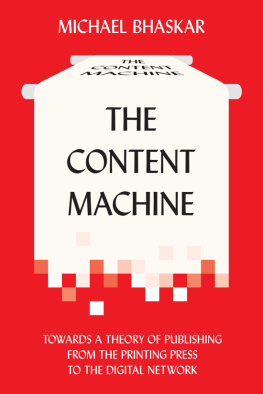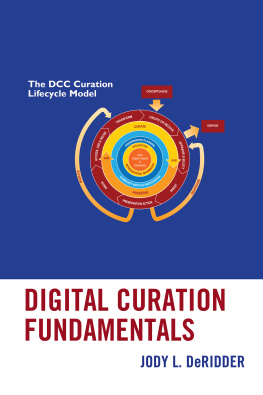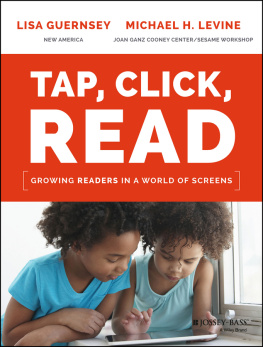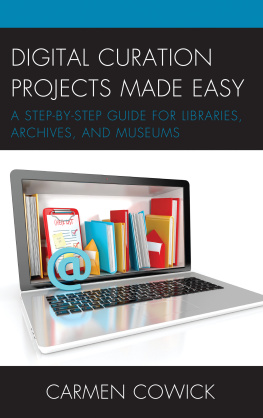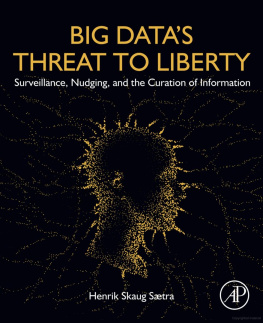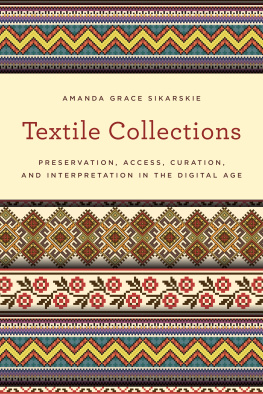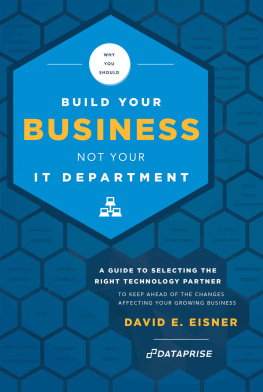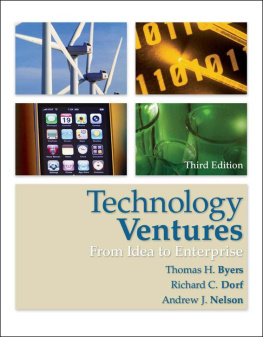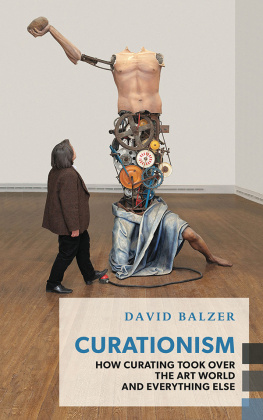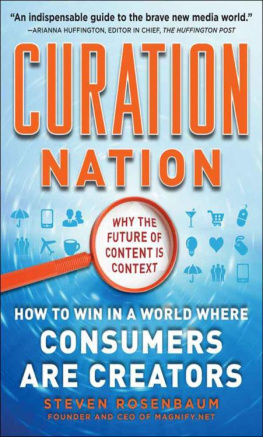Michael Bhaskar - Curation: The Power of Selection in a World of Excess
Here you can read online Michael Bhaskar - Curation: The Power of Selection in a World of Excess full text of the book (entire story) in english for free. Download pdf and epub, get meaning, cover and reviews about this ebook. year: 2016, publisher: Piatkus, genre: Romance novel. Description of the work, (preface) as well as reviews are available. Best literature library LitArk.com created for fans of good reading and offers a wide selection of genres:
Romance novel
Science fiction
Adventure
Detective
Science
History
Home and family
Prose
Art
Politics
Computer
Non-fiction
Religion
Business
Children
Humor
Choose a favorite category and find really read worthwhile books. Enjoy immersion in the world of imagination, feel the emotions of the characters or learn something new for yourself, make an fascinating discovery.
- Book:Curation: The Power of Selection in a World of Excess
- Author:
- Publisher:Piatkus
- Genre:
- Year:2016
- Rating:5 / 5
- Favourites:Add to favourites
- Your mark:
Curation: The Power of Selection in a World of Excess: summary, description and annotation
We offer to read an annotation, description, summary or preface (depends on what the author of the book "Curation: The Power of Selection in a World of Excess" wrote himself). If you haven't found the necessary information about the book — write in the comments, we will try to find it.
Curation, or the art of selecting useful information to form meaningful collections, is the new buzzword that tech companies and media professionals have eagerly latched on to. But curation is a far more powerful and deeply relevant idea than we give it credit for. It answers the question of how we make sense of a culture in which problems are often about having too much, and shows how we keep growing in a world of excess. Acts of selecting, refining and arranging to add value help us overcome information overload. This book highlights the numerous places in which this simple but forceful skill is increasingly felt: in art and on the Web, but also in retail and manufacturing, high finance and government policy.
CURATION is an exciting and wide-ranging work of business-oriented non-fiction incorporating the latest thinking in economics, technology, business strategy, complexity theory, media and psychology with strong narratives and big ideas. Through powerful personal stories about real jobs, lives, companies and industries fighting to thrive in crowded markets, it reveals how a little-used word from the world of museums became a crucial business strategy for the 21st century.
Curation is one of the most gripping and unignorable business ideas for our time, and organisations and individuals who make the most of it will position themselves to grow.
**
ReviewA terrific and important book . . . its a great, fresh take on how the 21st century is transforming the way we select everything from food to music. (David Bodanis, author of E=MC2)
In his outstanding new book, Michael Bhaskar reveals that curation, formerly the preserve of art galleries and specialists, has become an essential part of our overloaded lives. Dispelling the old mantra that more is better, Bhaskar teaches us that value today lies not in creating more choices, but training ourselves to choose better. Whether operating a business or choosing your own self identity, Curation rightly shifts our focus from producing more and more to finding what matters. (Sheena Iyengar, author of THE ART OF CHOOSING)
This book is a must have . . . Bhaskar penetrates to the very essence of man- and machine-made choices. (Roman Tschppeler, co-author of THE DECISION BOOK)
Book DescriptionIn this timely book, Michael Bhaskar unravels the art of selection as one of the most relevant techniques for businesses and individuals in a world increasingly overwhelmed by information.
Michael Bhaskar: author's other books
Who wrote Curation: The Power of Selection in a World of Excess? Find out the surname, the name of the author of the book and a list of all author's works by series.

